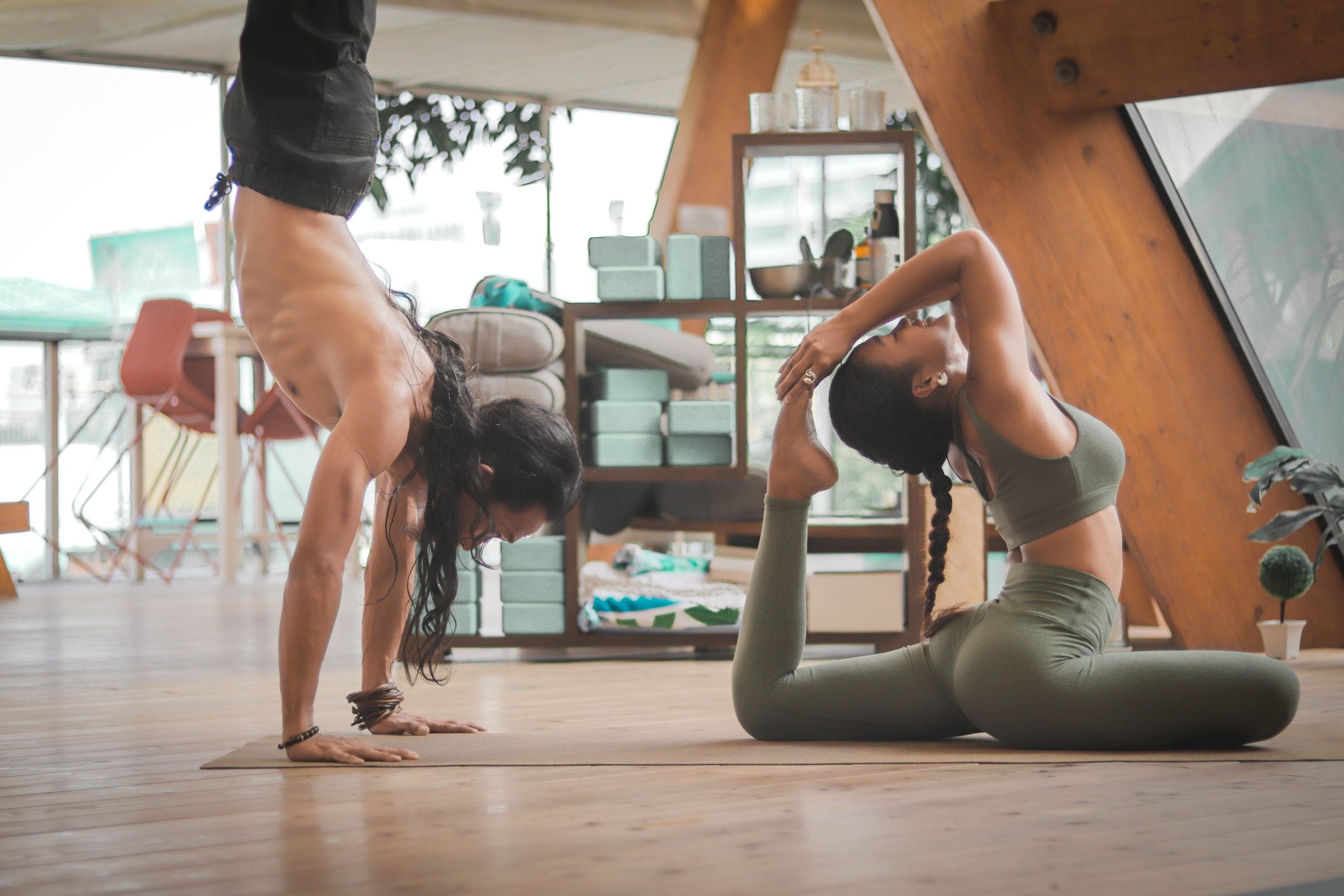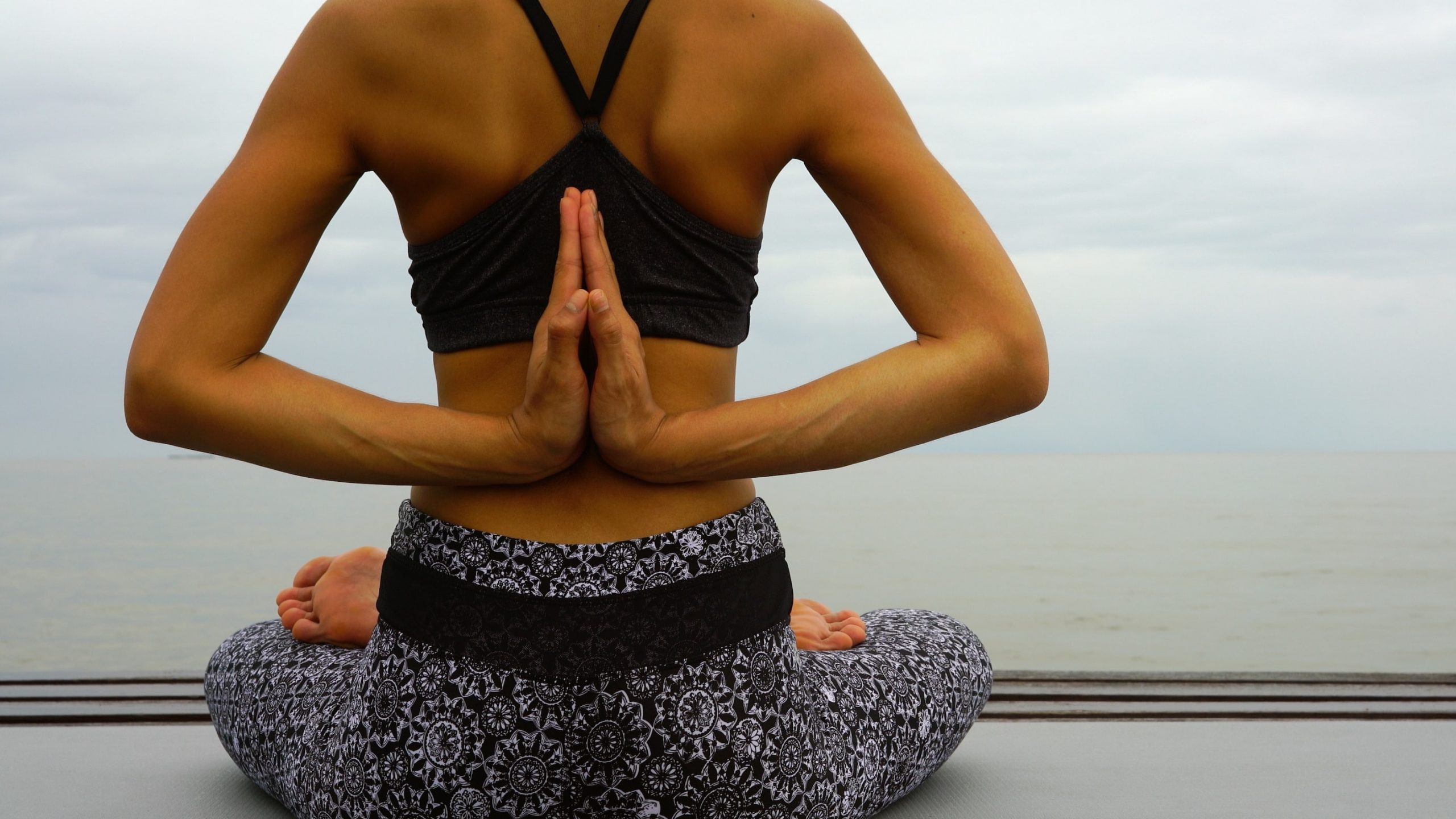
The pursuit of a fulfilling, well-rounded lifestyle is a common goal among individuals worldwide. An integral component of such a lifestyle is regular exercise. Incorporating exercise into our daily routines not only benefits our physical health, enhancing strength, agility, and cardiovascular fitness but also significantly contributes to our mental and emotional well-being. Having a healthy body and mind is essential for overall wellness, and exercise plays an important role in achieving this. If you are set on living a life of vitality and balance, read on to discover why incorporating exercise into your lifestyle can enhance your overall well-being.
Exercise Releases ‘Feel-Good’ Hormones
Exercise stimulates the production of endorphins, dopamine, serotonin, and other ‘feel-good’ hormones in our bodies. These hormones act as natural painkillers, reducing feelings of stress and anxiety while promoting feelings of happiness and relaxation. Regular exercise can also improve our quality of sleep, leading to a more rested and rejuvenated state. As we all know, having a good night’s sleep is crucial for maintaining optimal physical, mental, and emotional health.
For instance, running, cycling, and swimming are all excellent forms of aerobic exercise that can boost endorphin production. On the other hand, yoga and tai chi are low-intensity exercises known to increase serotonin levels in our brains. Regardless of the type of exercise you choose, incorporating it into your routine will undoubtedly help improve your overall mood and well-being.
Boost Your Self-Confidence
Engaging in regular exercise and seeing the progress you make can boost your self-confidence and self-esteem significantly. Whether it’s hitting a new personal best at the gym or completing a challenging hike, physical activity can give us a sense of accomplishment and pride in our abilities. Feeling good about ourselves is essential for overall well-being, and exercise can be a powerful tool in building confidence. Additionally, exercise can also improve our body image, leading to increased self-acceptance and self-love. Perhaps you can think of exercise as a form of self-care that not only benefits your physical health but also nourishes your mental and emotional well-being.
Ring Pull-Ups for Enhanced Range of Motion
Incorporating exercises that improve our range of motion can benefit us in many ways. For example, ring pull-ups are an excellent exercise that targets multiple muscle groups and can significantly enhance your overall mobility. This simple yet challenging exercise requires you to hang from a set of rings and pull yourself up until your chin is above the height of the rings.
Doing this regularly can help improve your grip strength, shoulder stability, and upper body strength. Having a wider range of motion can also make daily tasks easier and reduce the risk of injury.
See The Difference In Your Posture
The incorporation of regular exercise into your lifestyle can also make significant improvements to your posture. Poor posture, often caused by sedentary jobs and prolonged screen time, can lead to a host of physical problems, including back pain, neck strain, and a compromised respiratory system. Engaging in exercises that focus on strengthening the core and back muscles, such as Pilates and weight training, can help correct misalignments and promote a healthier, more upright posture. Over time, you may notice that you’re not only standing taller but also experiencing less discomfort and a greater ease of movement. Achieving good posture is not merely about looking confident—it’s about improving your overall health and well-being.
Connection with Nature
Engaging in various forms of exercise often entails immersing ourselves in the great outdoors and connecting with nature. Whether we embark on exhilarating hikes, traverse picturesque cycling routes, or indulge in tranquil yoga sessions amidst lush green parks, exercising amidst natural environments can profoundly impact our mental well-being. Scientific research consistently highlights the positive effects of spending time in nature, including stress reduction, enhanced mood, and an overall sense of well-being. Consequently, not only does outdoor exercise bolster our physical health, but it also contributes significantly to our holistic well-being.
Exercise as a Social Activity
Exercise can also be a great way to socialize and foster meaningful relationships with others. Whether it’s joining a local sports team, attending a fitness class, or simply going for a walk or run with a friend, exercising with others can make the activity more enjoyable and motivating. It provides an opportunity to meet new people, strengthen existing relationships, and build a supportive community that shares the same health and wellness goals. Furthermore, the shared experience of overcoming challenges and achieving goals together can foster a sense of trust, camaraderie, and mutual accountability. This social aspect of exercise is yet another way it contributes to our overall well-being.
In conclusion, incorporating exercise into your lifestyle is not merely about physical health—it’s a holistic approach to well-being. Regular exercise can stimulate the production of ‘feel-good’ hormones, boost self-confidence, enhance range of motion, improve posture, foster a deeper connection with nature, and even serve as a social activity. It’s a multifaceted tool that can dramatically enhance your overall quality of life, both physically and psychologically. No matter your age, fitness level, or personal preferences, there’s a form of exercise out there for you. Take the first step towards a healthier, happier lifestyle today. Remember, it’s not about perfection, but progression. Start where you are and keep moving forward. The journey to well-being is a marathon, not a sprint, and every step you take is a step in the right direction.




